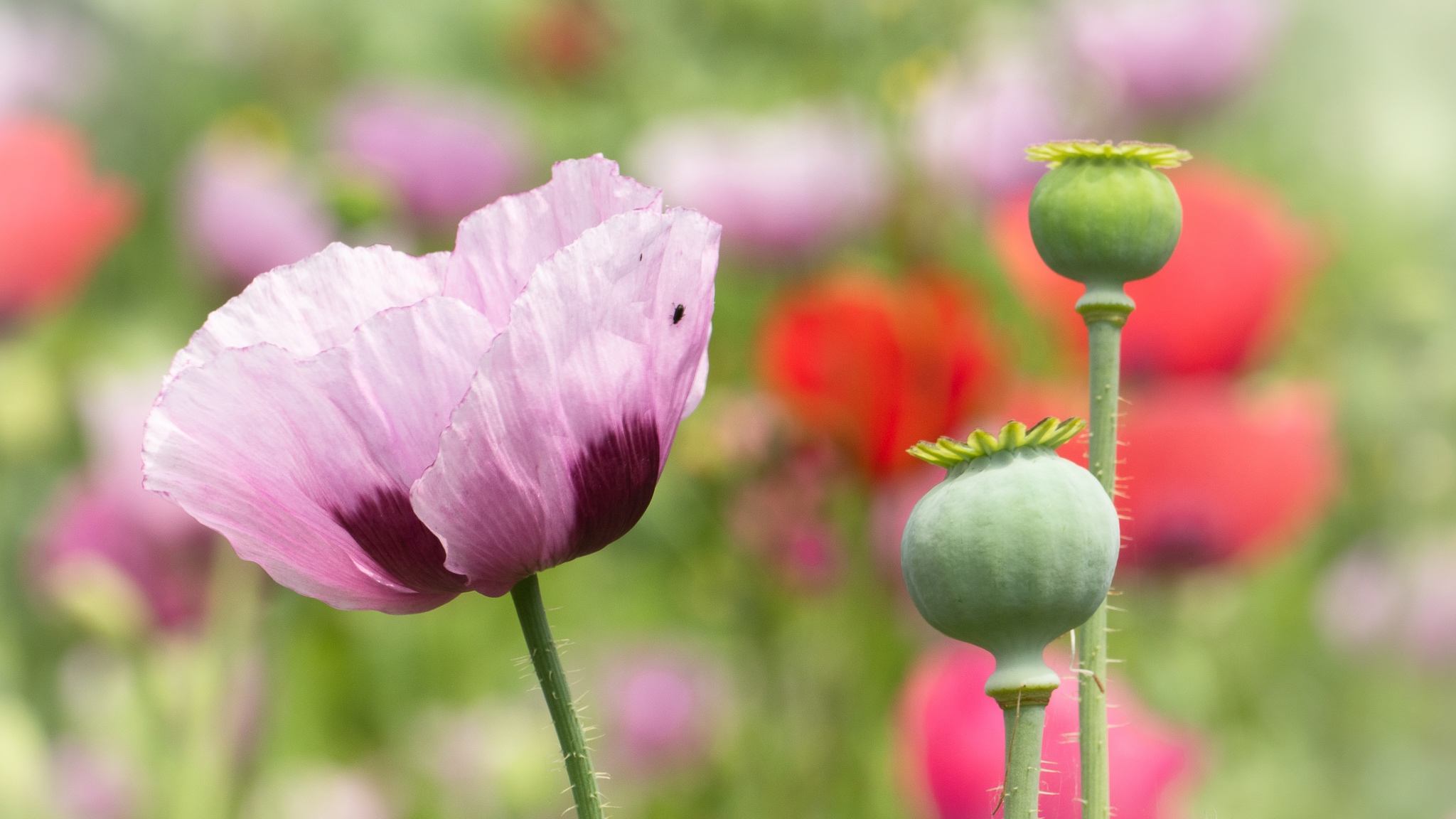I’ve known for sure that I’m autistic since 2021, shortly before my 70th birthday. I had already spent over three years on reading, research and completing online questionnaires, so confirmation wasn’t a surprise. I was I fortunate to find a team of clinical psychologists who are careful to make the connection with lived reality while still working rigorously within the official diagnostic framework. They’re leaders in the field and many are autistic themselves.
I knew already that I’m an introvert, drawing my energy from within rather than from being with others. I enjoy socialising one-to-one or with small groups, but it has to be balanced with time alone to recharge my batteries. I also met all the characteristics of a highly sensitive person (HSP) as defined by American researcher Dr Elaine Aron. I need quiet to concentrate; I struggle in bright, noisy environments, hate sudden loud noises, can’t stand people walking on my heels, and may look cross when I’m perfectly contented – cue irritating shouts of “cheer up love, it can’t be that bad!!”
Happy though I was to have explanations, for a long time I hesitated to mention being neurodivergent. Some of the common responses are toe-curling. “You can’t be autistic, you’re… married, can speak, can make eye contact, can drive a car, have a job, a career.” Or, “you don’t look autistic.” (What does “autistic” look like?). Or, “my nephew is autistic and you’re nothing like him.” Of course I’m not! Your nephew is a child. I’m an elderly woman with a lifetime of experience and many nifty workarounds for my numerous awkwardnesses.
Others may respond by infantilising me when they previously accepted me as a functioning adult. I have a differently wired brain, but no intellectual disability. Some, but by no means all autistic people need everyday support. Some don’t speak, which leaves them vulnerable to assumptions that they are beyond communication. Often the opposite is true. Most of us have sensory sensitivities and communicate differently and more directly. This makes life more challenging in proportion to the extent that society, employers, and schools insist on suppressing our differences as “wrong” and enforcing their own “normality” as the only acceptable way of being.
Many of us have flown under the radar, often for decades, especially if we are women, in whom autism presents differently. We are nurses, doctors, teachers, scientists, designers, engineers, psychologists, leaders. Name any profession and you’ll find us there, quietly struggling on against the tide. I was a senior HR professional, then a leadership coach, and more recently, a charity trustee. I’m also a keen hobby photographer.
Now I want to help change attitudes to and stereotypes about neurodivergent people of all kinds. Ageing Autistically is for people who’ve felt different for most of their lives and have only recently found out why. It’s also for anyone who is interested in understanding better. I can only speak from my own experience, and everyone is different, but there’s a growing body of up-to-date thinking and research that needs to be widely shared. Watch this space for updates.
Photo, “distinctly different,” a pink opium poppy and seed heads against an out-of-focus field of mostly red poppies.

